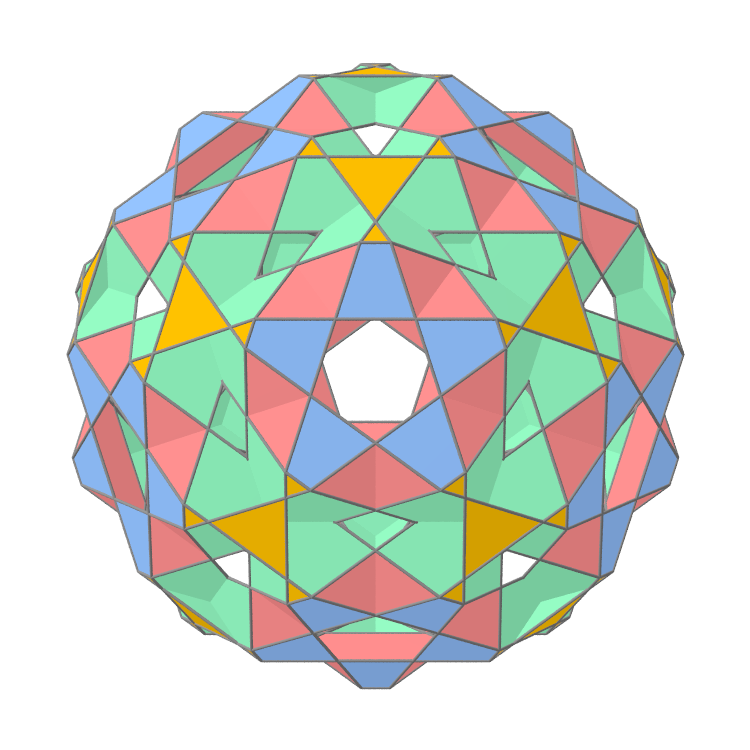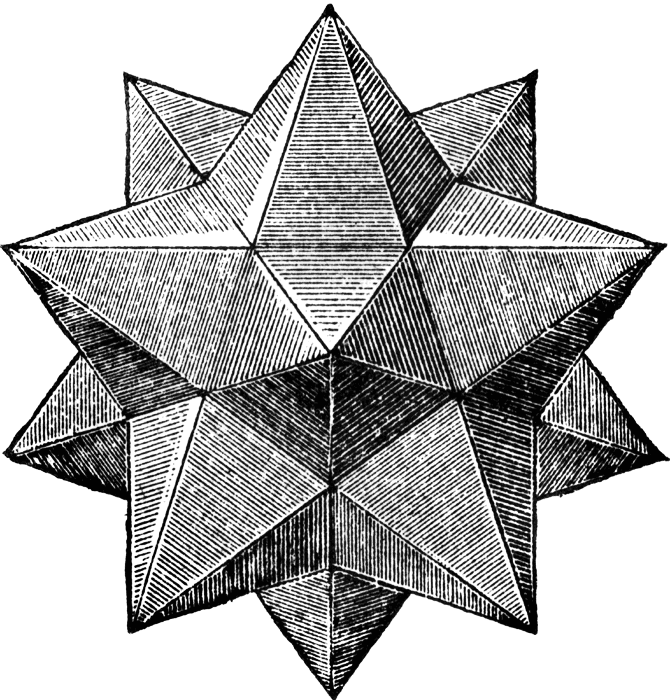|
|
LITR 5439 Literary & Historical Utopias
|
|
Michael Luna
What is With Utopian Names?
The naming of an object has always played an
important role in human development. In the Bible, naming is an important part
of the creation of all things. God provides the names of day and night for
example. Adam names his wife Eve and provides names to the animals. These
acts establish an important tradition of naming which has carried on to the
present day. Creators of various utopias are aware of this tradition as well as
the importance that a name can suggest about the person named. As I have read
the different utopian and dystopian texts in class, I have kept track of the
different names that have been assigned to characters in an effort to find out
what significance the names have. Some of the names are obvious in their
intention, while others have left me befuddled and searching through more
websites and re-reading passages in order to construe some sort of evidence that
provides the purpose of the name or even why the author felt that a particular
name was befitting of certain utopian characters. To simplify this task, I only
look into the names of those who are part of a utopian society or those that try
to explain what a utopian society is.
The first subjects of my
inquiry centered on characters in
Utopia and
Herland.
Sir, or Saint, Thomas More introduced readers to a character by the name of
Raphael Hythloday. More was Catholic and the reasoning behind the name of
Raphael should be obvious. Raphael is perhaps the most well known archangel and
it known, in the Catholic tradition, as the Patron Saint of Travelers. The
archangel Raphael is also associated with healing, but I am certain that this
aspect of Raphael did not relate with the character in More’s story. I found it
amusing when I finally managed to track down the name Hythloday. The name
Hythloday is of Greek origin and it is a word that means “talker of nonsense”
Charlotte Perkins Gilman also
does something interesting with the names of her characters. The women in this
story have unique names that do not seem to have a meaning at all, but through
research, I have found what possible roots and bases these names were based
upon. When I discovered these possibilities, once again the story opens itself
to a different meaning. Three of the women named in
Herland
are Alima, Celis, and Ellador. Glancing at these names, they seem exotic and
imaginary yet research into these names reveals some actual and some possible
meanings. Alima is both an Arabic and Muslim name. This name can mean either sea
maiden or wise. Based on the theme that Perkins Gilman has running through this
story, it is clear that the name indicates that Alima is wise in that she did
not stay with Terry after their marriage and he tried to force himself upon her.
This indicates wisdom on her part because of her refusal to partake in an
unequal relationship. Celis could possibly be a variation of the name Celistine.
The name Celistine means heavenly and this fits the character of Celis. In
Herland,
Celis becomes the first woman in Herland to have a child that has a father in
the two-thousand year history of Herland. Ellador was a difficult name to
procure. In my search, I believe that this name is based on either Ellard or
Ella. The name Ellard means brave and the name Ella means beautiful fairy.
Ellador is the character that leaves Herland with Van so the bravery aspect of
the name makes sense as do the exploits that Ellador partook in when she saved
the trees. She is also described as a beautiful woman who is athletic, which can
lead the reader to see her as the perfect woman. At first, these names seem to
be randomly created since they are not typical names that are used by Americans
of the time. Yet, Charlotte Perkins Gilman was not the typical American of her
time. She was a woman who was intelligent and she utilized names that have a
deep meaning to them.
The story
Anthem,
by Ayn Rand, also utilizes names that have a meaning behind them. The main
characters are named Equality and Liberty, which foreshadows the role that these
two play as the story develops. The rest of people in Anthem have names that
reflect what is wanted most in a utopian society. These names are ones such as
Unity, Fraternity, Similarity, Collective, Unanimity, International and Union.
In the utopian society that Rand creates, the names symbolize that all people
are of one mind and that all people have one end goal. To be different, in
Rand’s utopia, is something that is wrong. It is a sin. People in a utopian
society are also supposed to be equals and have liberty from any sort of tyranny
that may have existed before the formation of the utopian society. Rand,
however, utilizes the characters of Equality and Liberty as people who want more
in life than the tedious order that their utopian society deems fit. When they
obtain freedom from society and begin their own, there is another name change
that occurs. Equality renames himself Prometheus and he gives Liberty the name
Gaea. Each of these names is important as it is Prometheus who provided men with
fire according to Greek mythology and Gaea is mother earth, the mother of all
life. Rand uses these names to indicate that Equality, now Prometheus, is going
to play a role that involves him bringing a new kind of light to humanity while
Liberty, now Gaea, is going to provide life for this new vision of the world.
There is nothing difficult in the names chosen by Rand, but the reader has to
appreciate what she has done with the use of names.
Although I have found out
about the names of three of the stories we have read, this research has left me
with even more questions than when I first began. In some ways, I did receive an
answer to my initial question. There are definite reasons why the writers picked
certain names for their characters. Just as we pick names for various aspects in
our lives, writers will pick names that best suit their character, even if the
name sounds as though it is nonsensical. I do wonder though what happened to
this use of names in more modern utopian novels.
Ecotopia
by Ernest Callenbach does not use very meaningful names. William Weston and
Marissa do not conjure up interesting historical ties or deep meanings. Two of
Atwood’s characters in
Oryx and Crake are named
after animals, which do not have that much of a meaning. Atwood provides a
description of when Crake chose his name and when Oryx chose her name, but there
does not appear to be any depth involved. I wonder if the writers from long ago
needed to use names in a more symbolic way due to the limited knowledge of the
rest of society. Looking at the historical aspects of each of the earlier
utopian novels, only intellectuals would have read the stories. Are the readers
of today on the level of the old world intellectuals? Could this be why modern
writers do not use symbolic names as much in stories? Perhaps the use of
symbolic names is just cliché now and is to be avoided. Only further research
will help me solve these literary riddles.
Works Cited
Atwood, Margaret.
Oryx and Crake. New York:
Anchor Books, 2003. Print.
Callenbah, Ernest. Ecotopia.
Berkley: Heyday Books, 2004. Print.
Ekhart, Renny. Utopia.
n.d. Web. 2 July 2013.
http://rennyekhart.nl/page/44
Gilman, Charlotte Perkins. Herland. 1915.
Meaning-Of-Names. 2013. Web. 2 July 2013.
http://www.meaning-of-names.com/
More, Thomas. Utopia.
1516.
Rand, Ayn. Anthem.
New York : Signet, 1995. Print.
SheKnows. Baby Names.
2013. Web. 1 July 2013.
http://www.sheknows.com/baby-names




